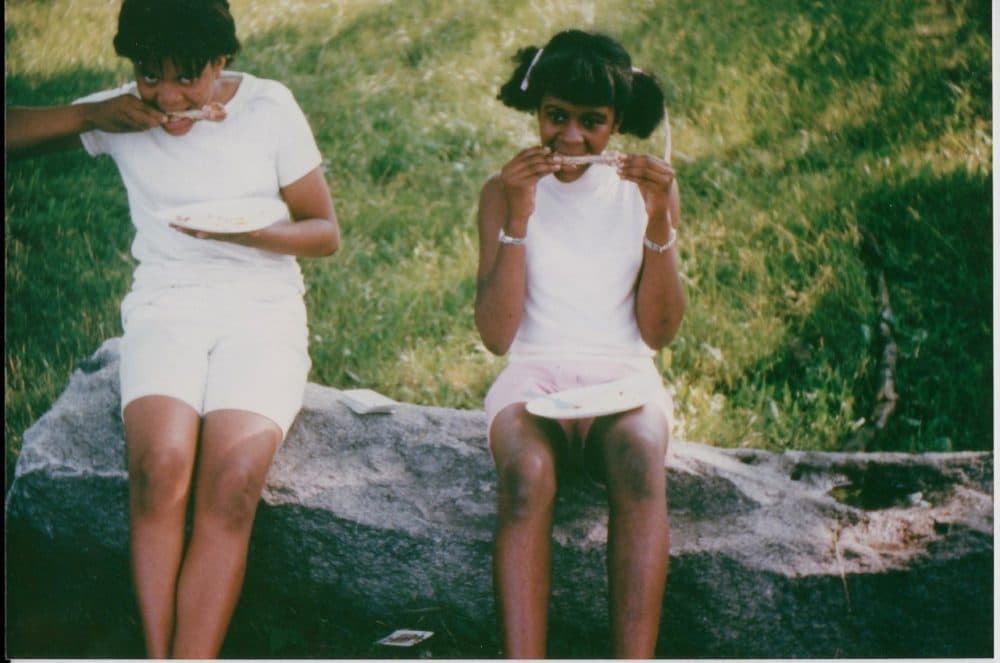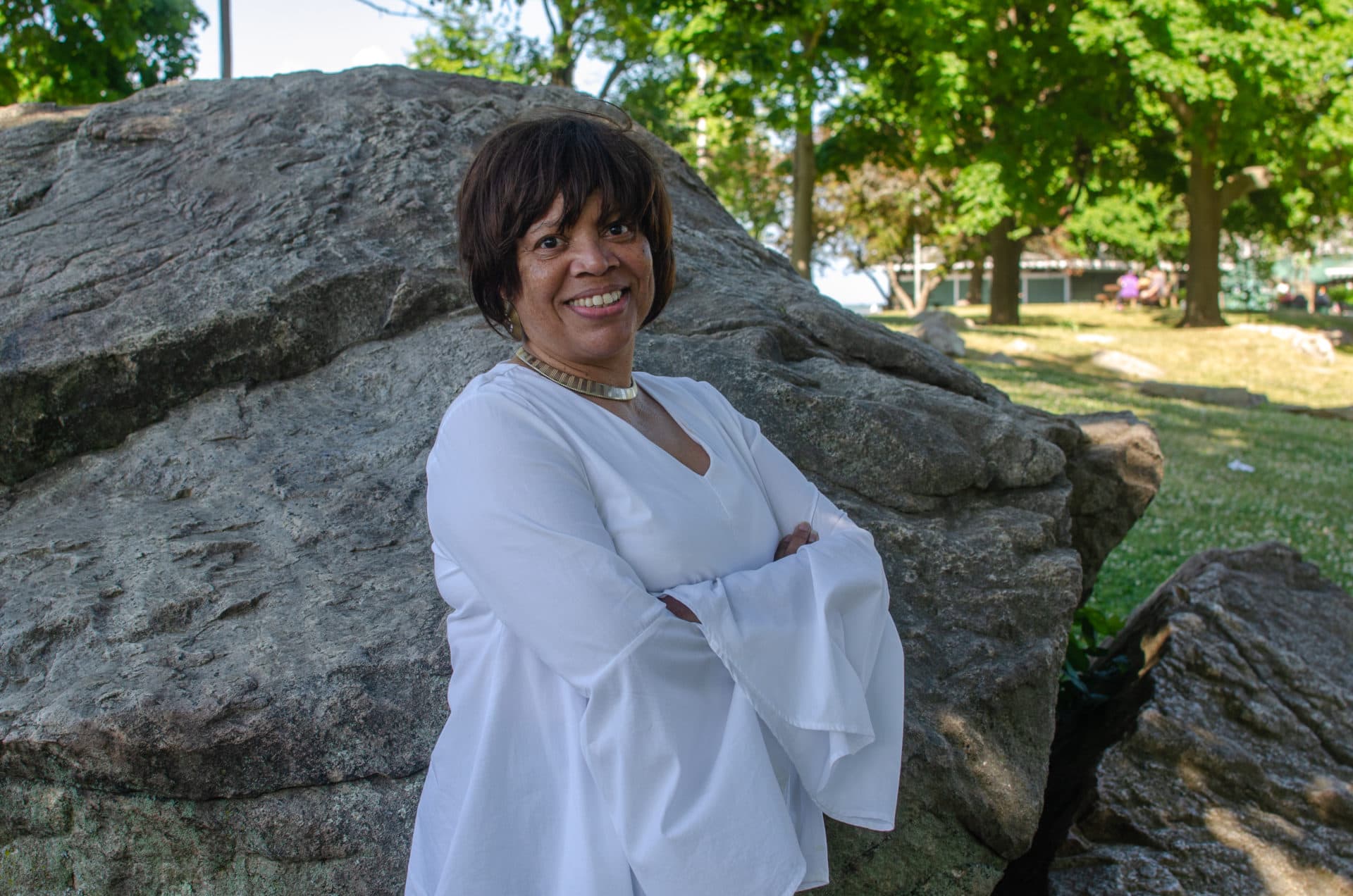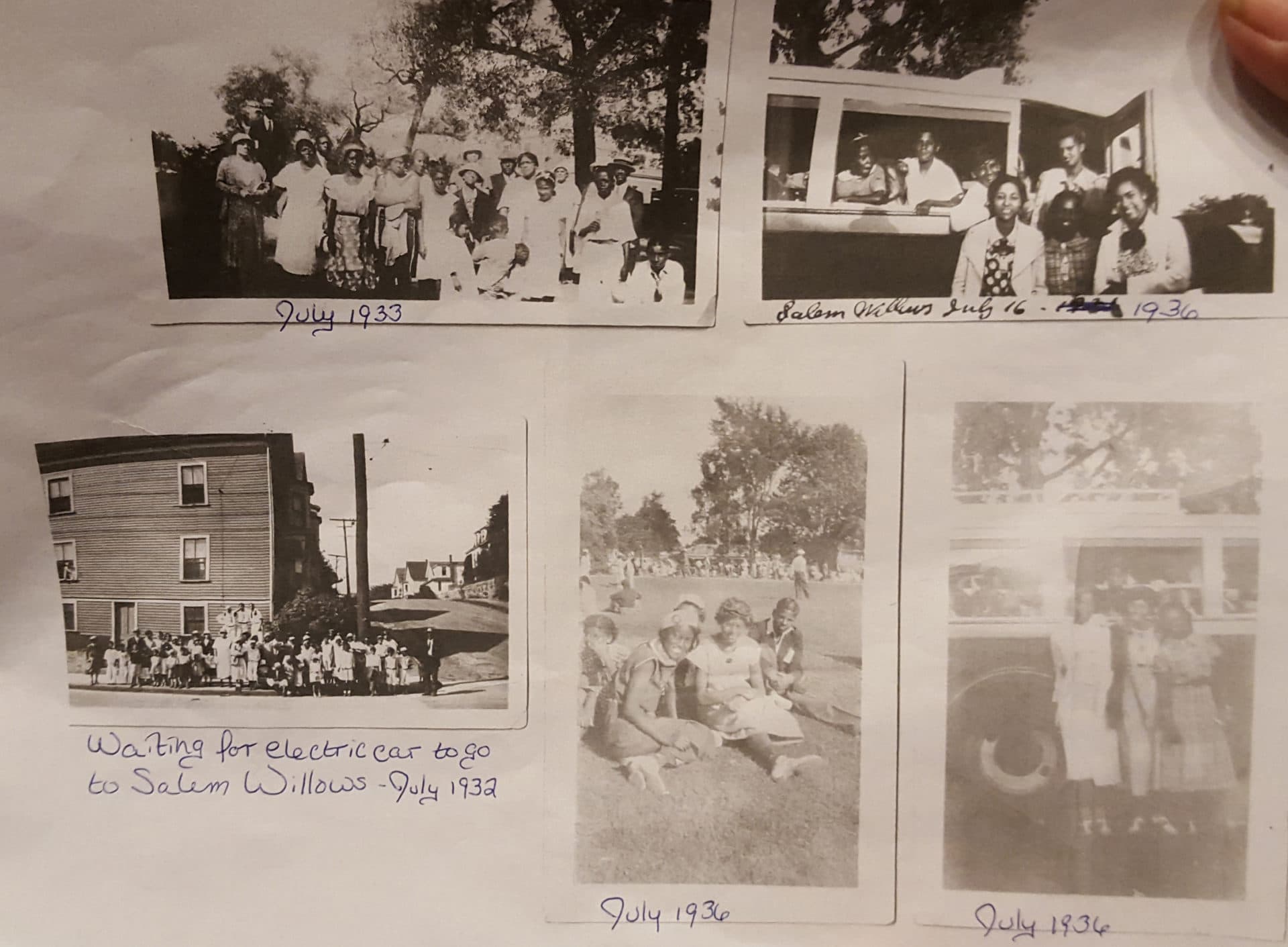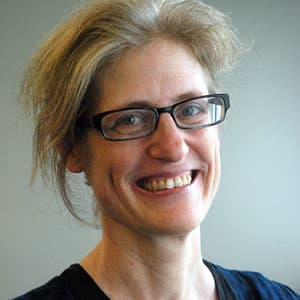Advertisement
Celebrating a Black voting tradition in Mass.
Resume
On the third Saturday of July, as has been the custom for decades, crowds converge on Salem Willows Park for an event with history tracing back to the 1700s. It’s an annual tradition with deep roots, treasured by many and unfamiliar to many more.
The Negro Election Day celebration features an educational component, a parade, live music, games, and general family-oriented revelry and reunions.
The tradition has gone by other names in the past, the most common of which was “Black Picnic.” But Doreen Wade prefers the designation that salutes its historical significance as an early chapter in the story of Black voting in this country. Wade is president of the event's organizer Salem United Inc., a nonprofit dedicated to preserving Black history.
Some of the specifics of the history can differ based on time and place. But 1741 marks the first recorded reference to the holiday in Massachusetts. In New England, white enslavers occasionally allowed Black people held captive to gather for celebrations; a tradition developed in which enslaved Black people and free Black people got together and elected from within their ranks a man to serve as a leader. Sometimes the leader held the title of king or governor. In some areas, the Black leaders were expected to settle issues within the Black community. In certain circumstances, Black kings and governors may also have served as liaisons to white leadership.

Festivities paying tribute to these elections have been held at Salem Willows Park since the mid 1800s. Just this week the Legislature passed a bill to designate the third Saturday of July as Negro Election Day in Massachusetts.
Last month, WBUR’s Weekend Edition met with Doreen Wade in Salem Willows Park.
Below are highlights from their conversation, which have been lightly edited.
Interview Highlights
On the history of “Negro Election Day:”
"According to all the documentation I have come up with, Negro Election Day is the oldest Black celebration in the country. Negro Election Day’s history dates back, as far as we know, to 1741, when enslaved Africans from West Africa [who’d come] to this country developed their own Black governing system. That Black governing system was called Negro Election Day.
On the celebration July 16, 2022, in Salem Willows:
"For Negro Election Day, 2022, most families start coming around eight or seven in the morning because they want to get their annual spot! And so they set up their grills, and they begin to cook. I am here at five in the morning because, as many of you know, when you're the leader, you ought to be here early. We have the flag raising. We have our parade. And then, after the parade, we give out awards and we have guest speakers. Then the rest of the day it's [mostly] pure entertainment, fun and family. And we have a great time."

On the voting and civic education focus:
"Our day has to honor its history, and its history is voting. The League of Women Voters comes every year and they register people to vote. What is our purpose? It’s not just educating people about Negro Election Day. We're educating people about the U.S. Census, voter registration, voter education, and civil rights laws.
Negro Election Day is important because of the fact that it shows we were intelligent, proud people. We worked hard. We built communities. And what we are going through today with voter suppression, we must teach these young people that we had a voice even when we were enslaved."
On how she processes emotions around the event:
"Learning about Negro Election Day's history, the one thing I took away was my ancestry had value. They had a purpose. They did things. We spoke English. We learned skills. We had trades. That gave me a sense of pride that no one can take away from me today. And I pass that on from generation to generation.
When I come to Salem Willows, I look at the water, I look at the people. It's very special to me. But what is even more special to me is when I walk the grounds because I know I'm walking on the souls of people who practiced this event before. So I know that in preserving this history I’m preserving the souls of those who can't tell the story."
This article was originally published on July 16, 2022.
This segment aired on July 16, 2022.
